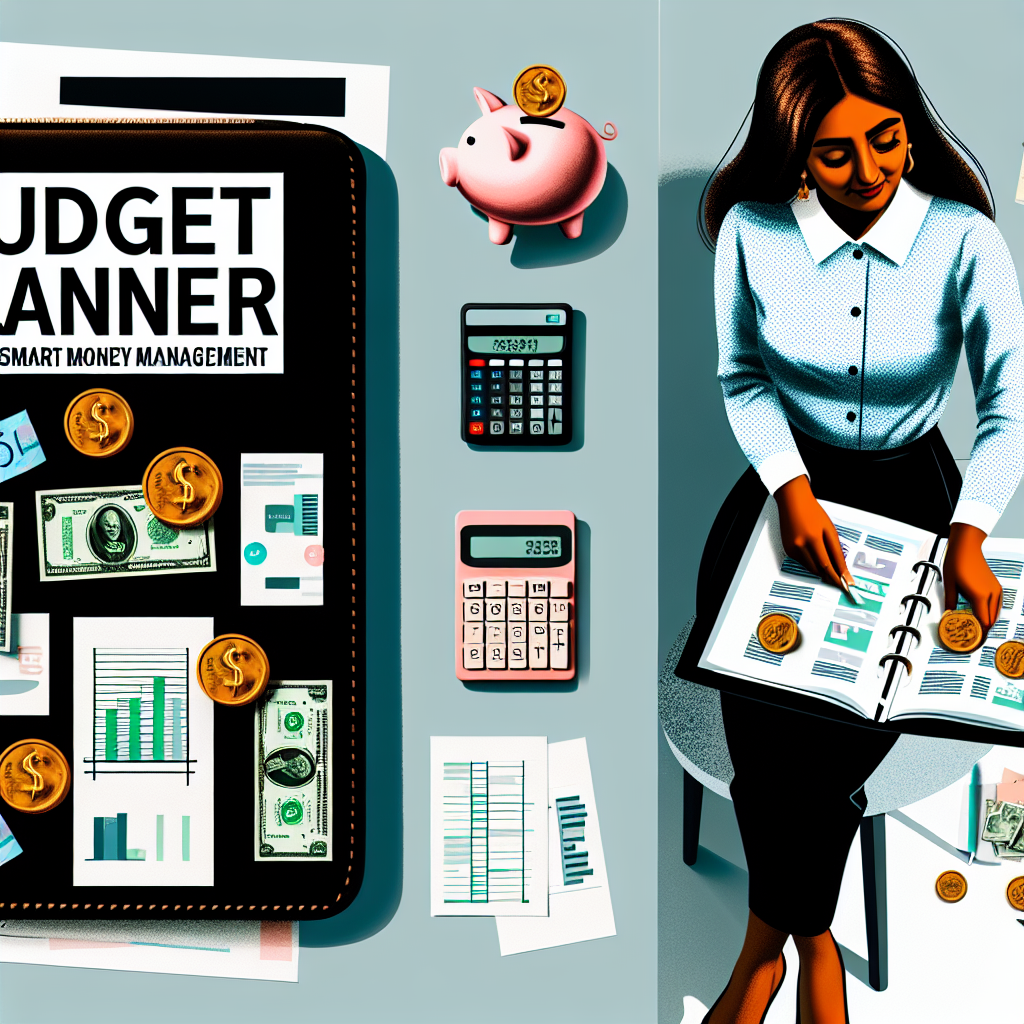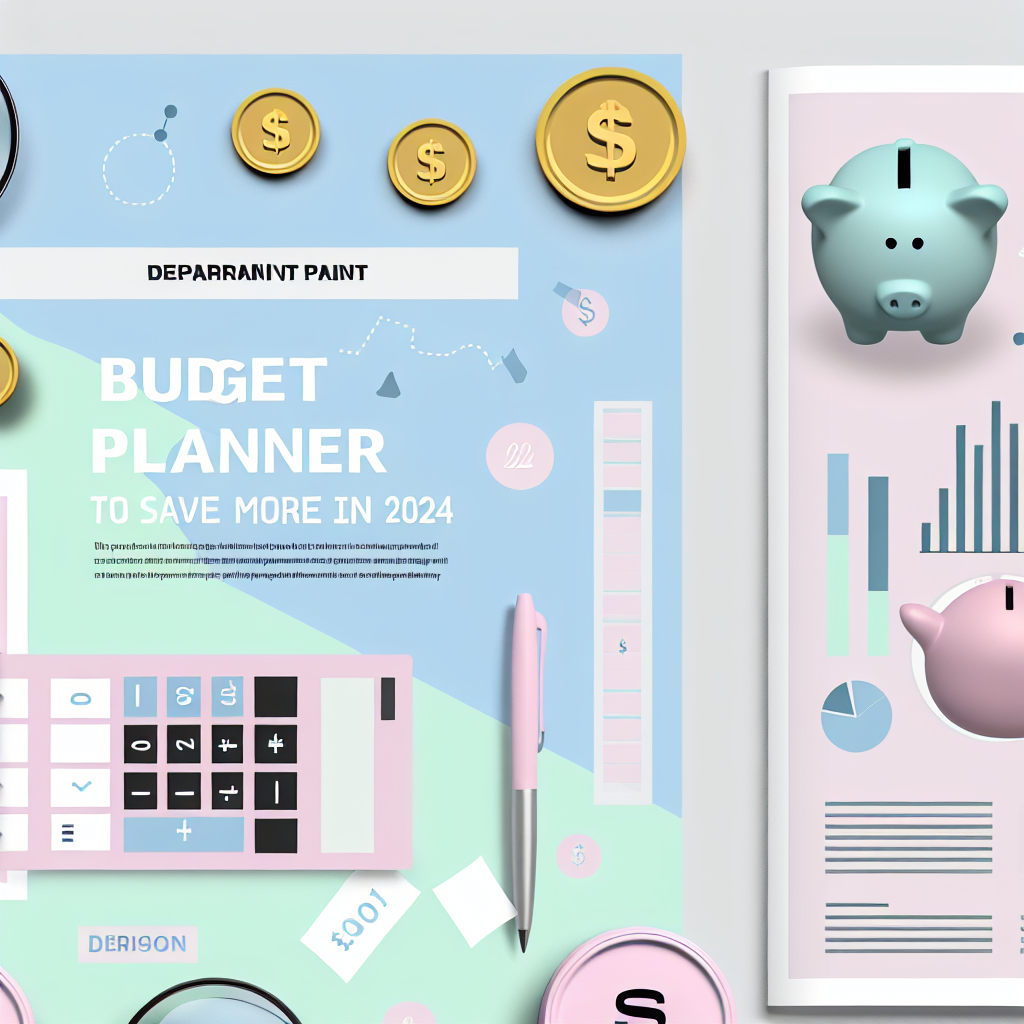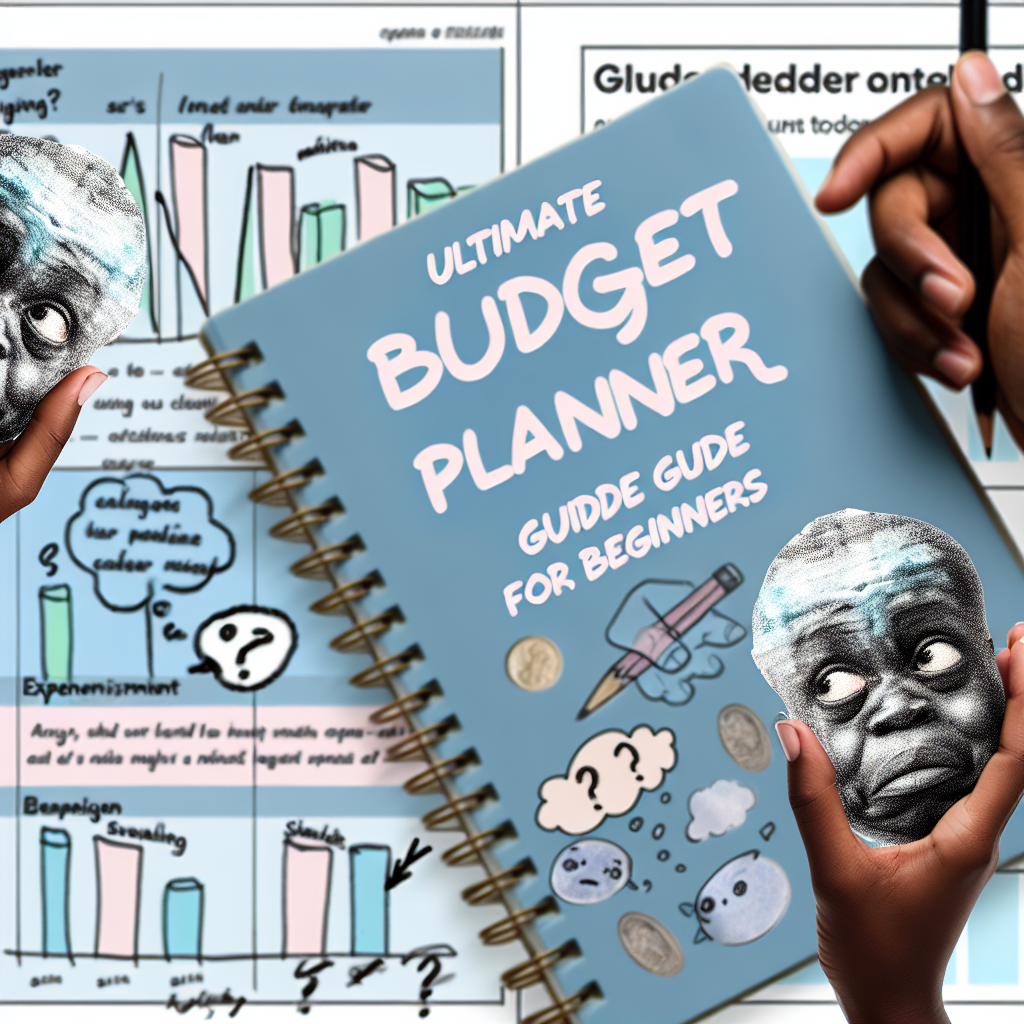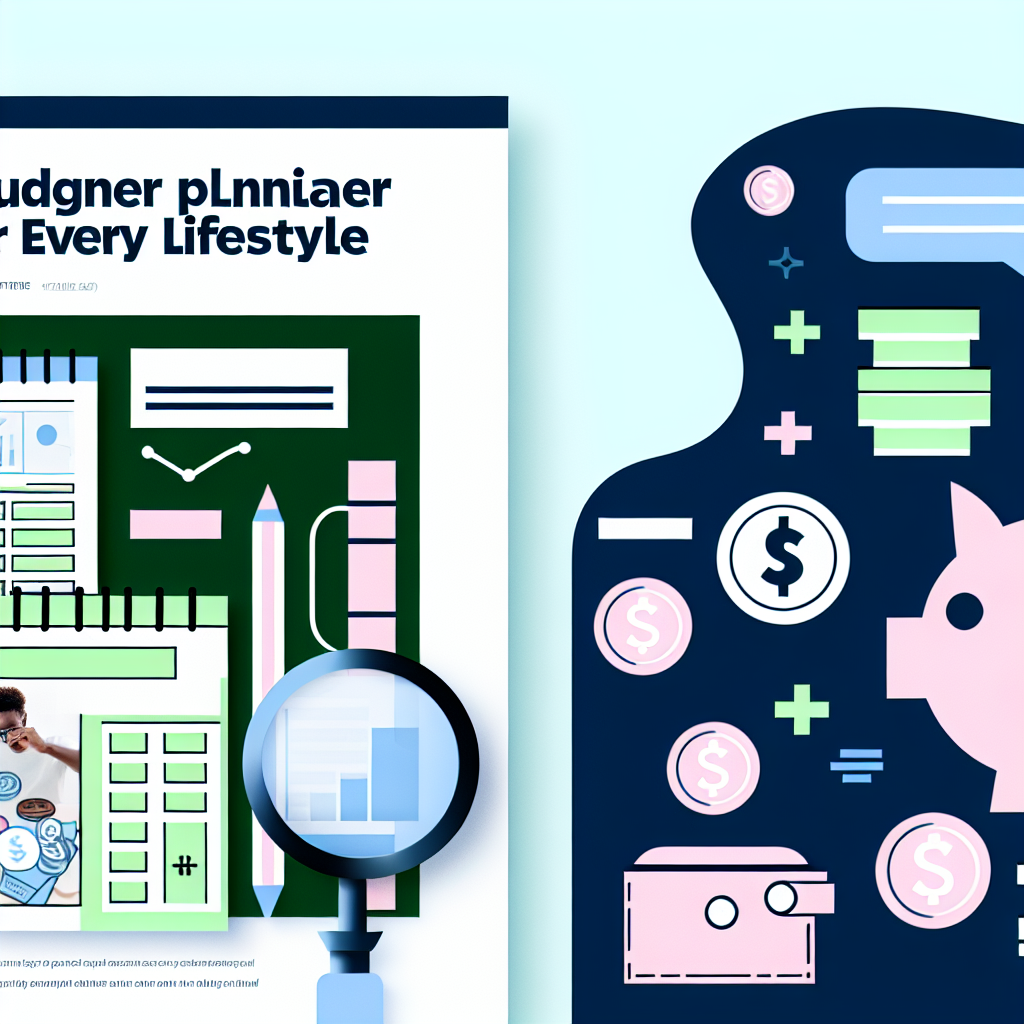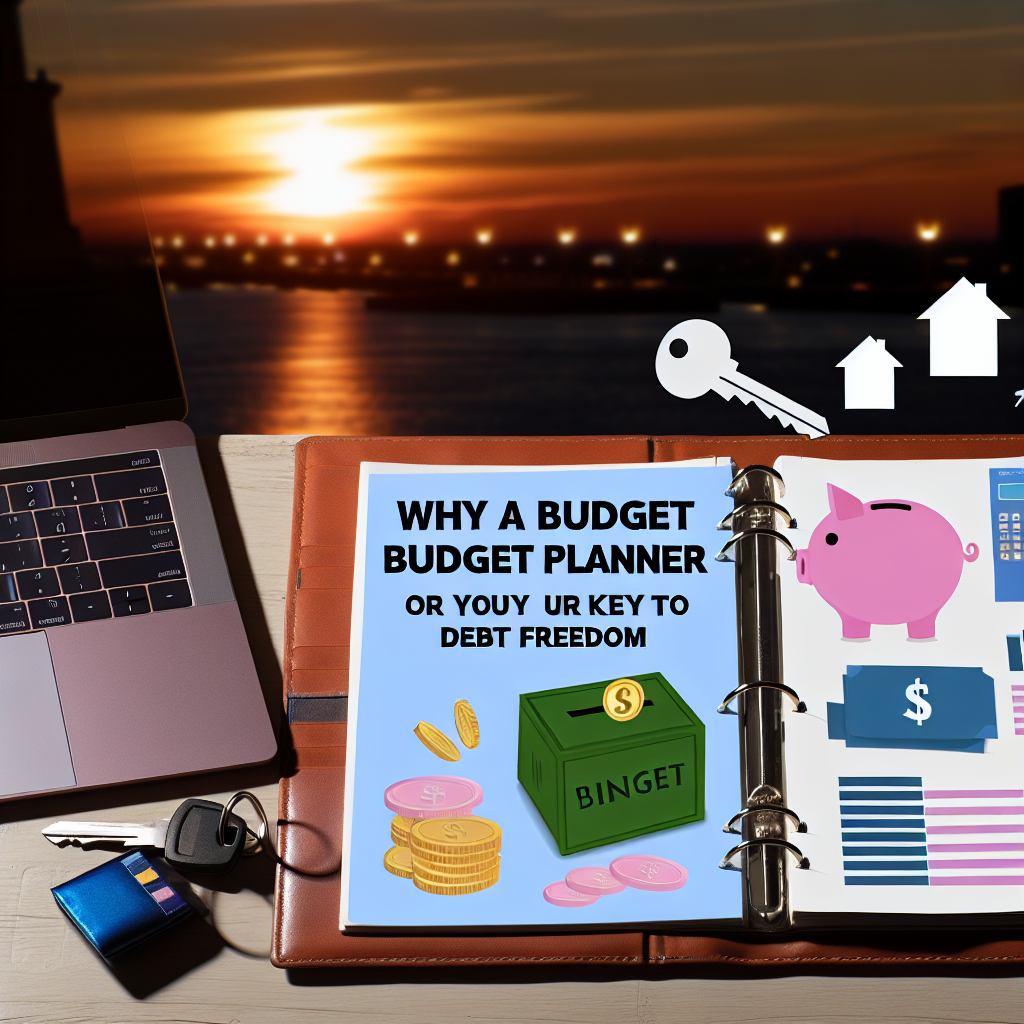=
I still remember my very first “budget planner.” It was a crumpled napkin, stained with coffee rings, and scrawled across it in big, angry letters: NO SPENDING. I was sitting in a tiny coffee shop, nursing my third latte of the day, convinced that sheer willpower and a napkin would fix my money mess. Spoiler alert: it didn’t. That napkin quickly joined the pile of forgotten attempts, right next to my “emergency” stash of chocolate bars I told myself I needed.
Looking back, that napkin was more than just a failed budget—it was a symbol of how I used to think about money. As if budgeting was some rigid, joyless rulebook designed to punish me for being human. But over time, I realized that the best budget planner tips for smart money management aren’t about strict rules or perfect spreadsheets. They’re about understanding yourself, forgiving your mistakes, and slowly building a better relationship with your money—one small step at a time.
The “Aha!” Moment: Budgeting Is About Behavior, Not Just Numbers
My turning point came on a rainy Thursday evening, when I finally sat down with my bank statements—not to hide from them, but to face them. I was terrified and embarrassed, but I realized something important: budgeting wasn’t about being perfect or depriving myself. It was about noticing patterns, understanding my habits, and gently steering myself toward better choices. That’s when I understood that the best budget planner tips for smart money management aren’t about spreadsheets or apps—they’re about behavior, about how you treat yourself and your money every day.
How I Learned to Budget Smarter (Without Losing My Mind)
Here are some things that actually worked for me—no fancy financial jargon, just real-life tricks I picked up the hard way.
The first thing that helped was ditching the idea of “no spending” altogether. Instead, I started tracking where my money went without judgment. I used a simple notebook and wrote down every coffee, every impulse buy, every late-night snack. It was eye-opening—and a little embarrassing—to see how much those small things added up. But writing it down made it real, and that was the first step toward change.
I remember being hesitant to try setting spending categories because I thought it would feel too restrictive. But I gave it a shot, breaking my expenses into things like rent, groceries, fun money, and “just in case.” Giving myself a little “fun money” each week made a huge difference—it took away the urge to binge-spend and guilt afterward. It was like telling myself, “Hey, it’s okay to enjoy life while being responsible.”
This next trick might sound weird, but it changed everything for me: I started scheduling “money dates” with myself. Once a week, I’d sit down with a cup of tea, my notebook, and just check in on how I was doing. No pressure, no judgment—just a conversation with myself about money. Sometimes I celebrated small wins, like paying off a credit card. Other times, I made a plan to cut back on takeout. These little check-ins kept me grounded and made budgeting feel less like a chore and more like self-care.
I Get It—Budgeting Feels Scary and Overwhelming
I know what you might be thinking right now: “This sounds hard,” or “I don’t have enough money to even start.” Believe me, I thought the exact same things. I was broke, stressed, and convinced that budgeting was just for people with fancy jobs or financial degrees. But here’s the truth: smart money management isn’t about having a fat paycheck. It’s about small, consistent choices that add up over time. You don’t need to be perfect. You just need to start, even if it’s messy or slow.
A Little Message From Me to You
If you’re reading this feeling lost or overwhelmed, know that you’re not alone. Your past mistakes don’t define your future. You don’t have to have it all figured out right now. The best budget planner tips for smart money management come down to kindness—kindness to your wallet and to yourself. Today, try one small thing: maybe jot down what you spent on coffee or snacks this week, or set aside five minutes for a money date. That’s it. One tiny step forward.
You’ve got this. And I’m rooting for you.
💡 Want more tips like this? Explore more ways to save funds and plan your budget wisely!

